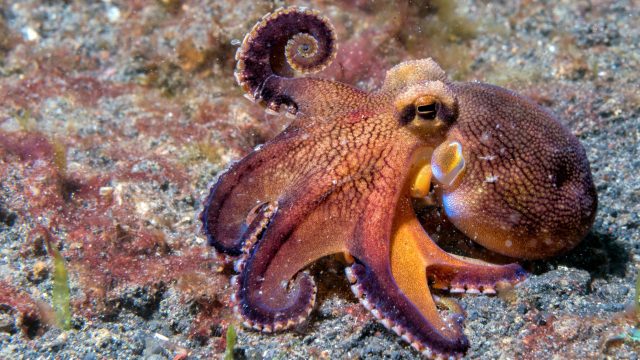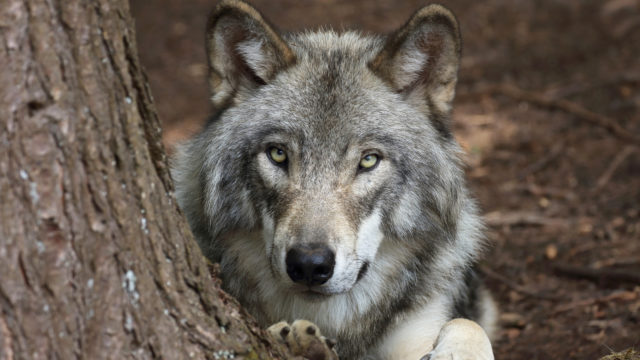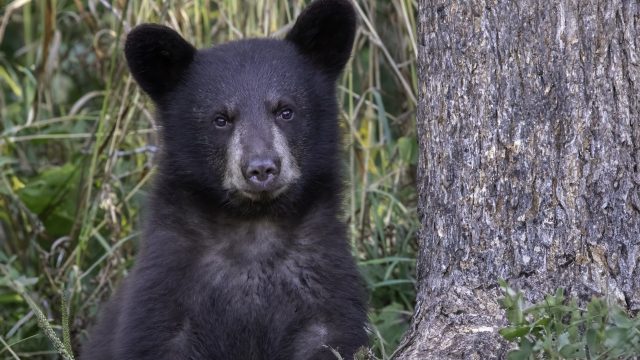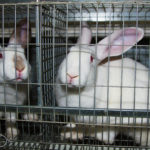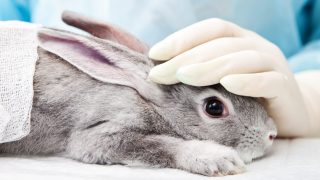
While animal testing is still far too prevalent, some countries and states have implemented laws that reduce the number of animals used in laboratory experiments.
These laws are good both because they reduce the suffering inflicted upon animals in laboratories, and because they can be used as models elsewhere where there is the political will for change.
Bans On Chimpanzee Experimentation: Laboratory testing on chimpanzees humans’ closest living relative, and other great apes was effectively banned in the United Kingdom in 1997. A number of other countries have similar bans, including New Zealand, the Netherlands, Japan, and Germany.
In the United States, there is no such ban. However, the federal government vowed to voluntarily phase out its use of chimpanzees in experiments in 2013, and in 2015 promised to send the last of the research chimpanzees to sanctuaries.
The U.S. Fish and Wildlife Service enacted new rules in 2017 to make it more difficult for non-government labs to use chimpanzees, as well. Science Magazine reported that with these new rules, no labs had applied for a license to experiment on chimpanzees—but it’s possible the testing will resume.
Bans On Animal Testing Of Cosmetics: A number of countries now ban testing cosmetics on animals.
In 1997, the U.K. banned animal testing of cosmetics and ingredients. Austria, Belgium, the Netherlands, and Germany have also banned the use of animals in cosmetic testing. As of 2013, no animals may be used in cosmetic testing in the European Union.
Other countries with similar bans include Israel, India, New Zealand and Australia. Some of these countries also ban the importation and sale of cosmetics that have been tested on animals.
We have seen some progress in the United States as well, at the state level. In 2000, California passed the first state law limiting product-testing on animals where alternative non-animal tests are available. New Jersey, New York, Illinois, Nevada, and Virginia have also banned animal-tested cosmetics.
Some States Allow Students To Opt Out: In some U.S. states, students can refuse to participate in school activities, including dissection, that harm animals. Right-to-choose states include California, Florida, Illinois, New Jersey, New York, Oregon, Pennsylvania, Rhode Island, Vermont and Virginia.
Other states, like Louisiana, Maine, Massachusetts, and New Mexico, have similar policies. Maryland mandates students have alternatives to dissection and other animal-harming activities.
Focus Area
How We Work
Related
-
Opposing the Cultivation and Trade of Octopus Produced through Unethical Strategies Act Introduced in the U.S. Senate
The federal bill would prevent the industry from gaining traction by banning commercial octopus farming in the U.S.July 25, 2024 News -
Complaint Demands Endangered Species Act be Enforced Against Washington Sham Animal Sanctuary to Protect Animals
Predators of the Heart, sometimes also known as Because We Matter Exotic Animal Rescue, has threatened to kill endangered wolves if it is not allowed to reopen.July 16, 2024 Press Release -
Lawsuit Filed Against USDA for Issuing Animal Welfare Act License to Serial Violator Yellowstone Bear World
The complaint argues the wildlife park causes undue stress to bear cubs by offering bottle-feeding and photo opportunities to the public as well as separating them from their mothers.July 16, 2024 Press Release
Take a Stand Against Animal Testing
Did you know an estimated 100 million animals are used in testing and research in the United States every year? Take a stand against animal testing by signing our cruelty-free pledge today.

